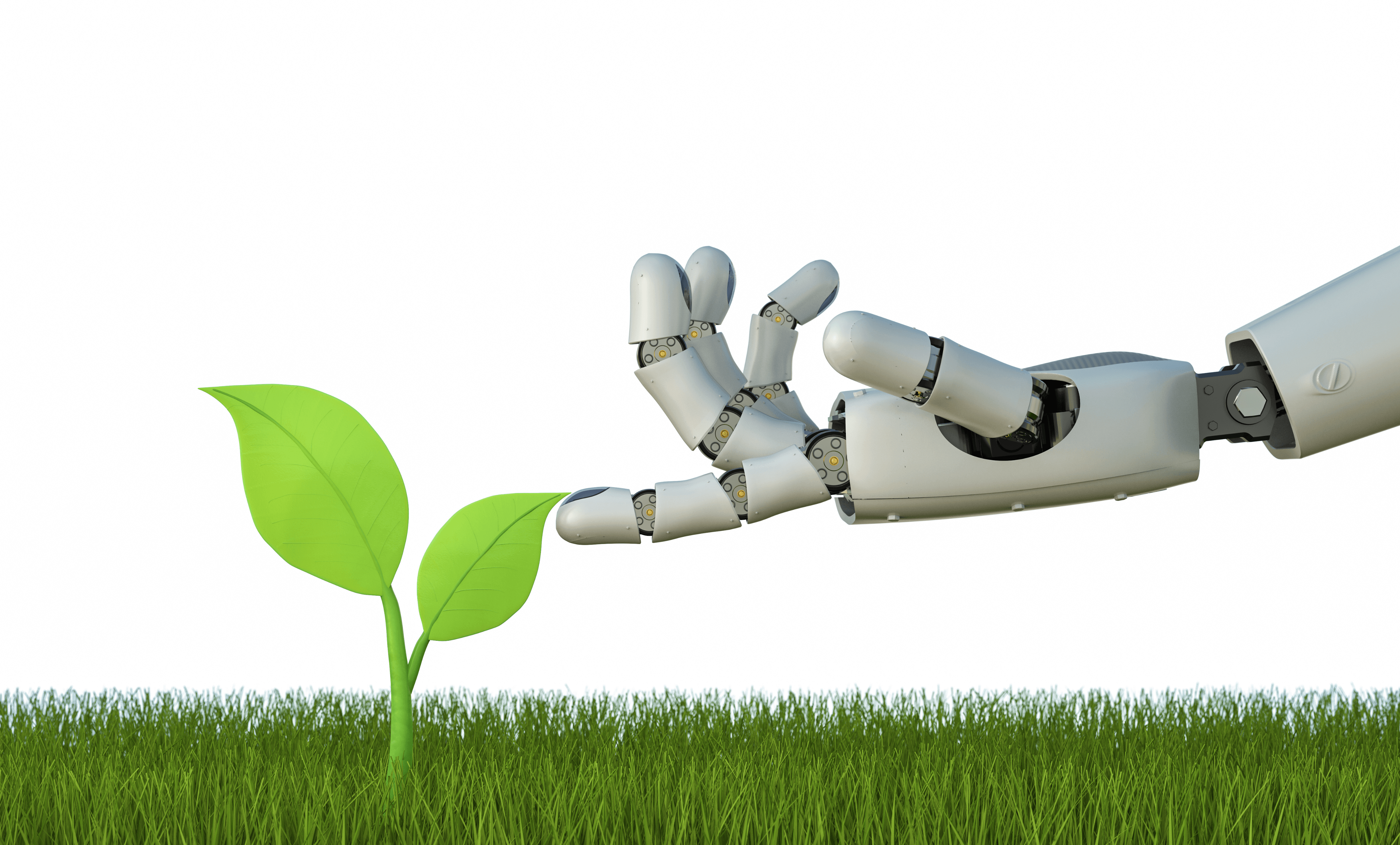In 2023, there are two hotly debated topics that, as a rule, are not usually combined, one of which is the climatic and environmental situation of the planet and, the other, the emergence and advances in Artificial Intelligence. Although they may seem like distant topics, there is a perspective worth studying: how new AI technologies can help the environment?
To begin with, it is important to analyze and understand where artificial intelligence could act. One PwC research from the United Kingdom, commissioned by Microsoft, modeled the economic impact that artificial intelligence could have in four sectors of activity, namely agriculture, energy, water and transport. According to the consultancy, the use of AI in these sectors could represent, by 2030, a contribution of 5.2 trillion dollars for the global economy.
In agriculture, artificial intelligence can be quite useful in various aspects, but especially in precision agriculture, a modern technique used to improve the production process, making it also more sustainable, and the use of artificial intelligence helps farmers detect pests, diseases, and malnutrition in their crops. With this, the agricultural sector can achieve a healthier land management and at the same time, resort less and less to pesticides, that pollute our planet.

As for the energy, AI can be a valuable aid in managing this resource, helping to improve energy efficiency in various areas. The technology can be used to analyze data, make adjustments to energy consumption, detect anomalies, automate processes, and optimize energy production, which proves beneficial both for users and for the environment. On the other hand, at a point that connects with the issue of transportation, artificial intelligence can also be used, for example, to optimize routes and contribute to the fuel consumption reduction, which, consequently, is positive for the atmosphere.
As for the water, artificial intelligence has already proven to be a useful aid for managing the resource essential to human life. Through algorithms, AI can manage supply more efficiently, as well as detect certain problems, such as leaks. Proof of this is the Indian project EqWater, which, through the use of artificial intelligence, has contributed to effectively predicting the possible future water shortage in certain neighborhoods of Indian megacities.
On the other hand, it is also interesting to mention AI for Earth, a Microsoft initiative whose goal is to provide artificial intelligence tools directly to projects aimed at protecting and helping the environment in a conscious and sustainable way. There are more than 950 projects supported by this initiative, highlighting partnerships such as SOS Mata Atlântica, the Ocean Data Platform, Imazon and ThermaFY.



Share this article:
The explosion of TikTok
The environmental impacts of the Gulf War